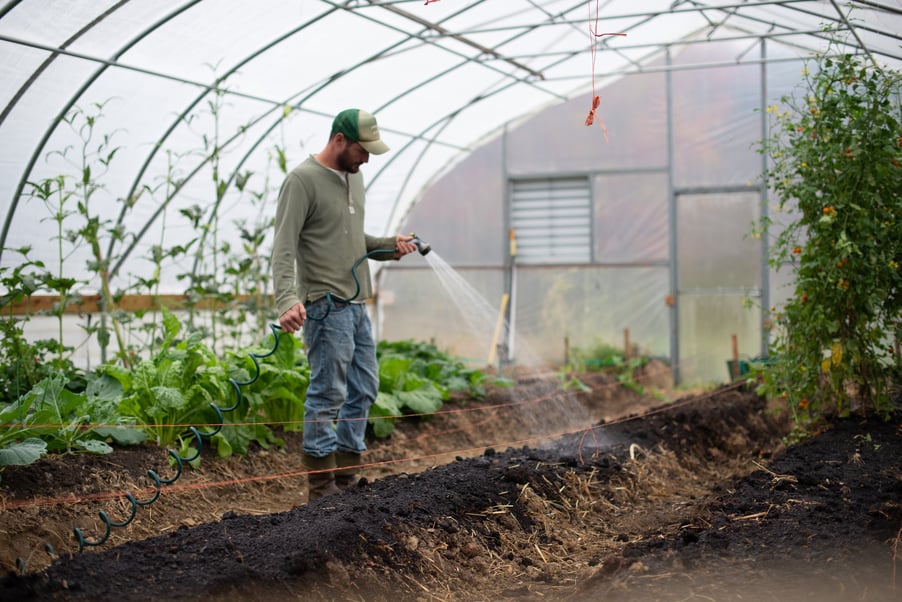
BIOSPHERE-1 PROJECT
The Biosphere-1 project (SRI-BS-1) aims to create a model settlement that explores the effective integration of current best practices and the latest technologies relevant to optimal rural community settlement.
The longitudinal action-research program aims to identify the best pathways to both regenerating nature’s ecosystems and advancing human capacities and well-being. The project will inform and promote new approaches to healthy lifestyles and the restoration of nature’s integrity, biodiversity and abundance, thereby making a significant contribution to the well-being of Australians.
SRI-BS1 is to be conducted as an on site research activity exploring optimal settlement practices and technologies. It will also facilitate educational and training programs open to students of local schools, universities and the general public.
MISSION
SRI-BS-1 Aims:
SRI’s Biosphere1 will be a real-life experiment that monitors and evaluates the real time situation of meeting the needs of an actual community of people. The community members will serve as the staff of the Sustainability Research Institute Biosphere1 project, carrying out the various research programs and will provide the human element of the real-life human ecology that is to be developed and assessed. Their commitment to the comprehensive assessment of their social, economic, and environmental sustainability will provide a unique opportunity for extending Australia’s knowledge in areas clearly identified as critical to its social, scientific sustainable future.
The design of Biosphere1 draws upon more than forty years of exploration in the field and will incorporate many elements that have been evolving in relevant technologies and practices over recent decades. Those elements include housing construction design, materials, and methods, water and energy harvesting and conservation, settlement layout and infrastructure design, intensive agriculture with soil quality improvement, personal and group development with ongoing health maintenance, self-governance and consensus decision-making skills development, recreational, art, craft, and entertainment facilities, value-adding to produce, sharing of goods and services and the provision of presentations, workshops, and courses for the public at large.
Education: There will be public visitation and opportunities to benefit from courses and workshops including participation in many of the research activities and healing programs. Those developing new technologies will be offered the opportunity to have their products tested, evaluated and publicly demonstrated under actual working conditions in a living eco-technology park, the results of which will be made freely available to the public and to government.
Expected Outcomes of SRI-BS-1:
The research program will provide relevant data and outcomes that will be of assistance in informing the Australian government’s policy and planning regarding:
Resource use ie land and people
Rural settlement that is environmentally and economically sustainable
Government policy in provision of affordable housing;
Regional economic development;
Contributing information relevant to climate-change and SDG goals of the Australian government
Developing assessment tools for determining appropriate human carrying capacity or settlement densities for rural properties that are consistent with optimal ecosystem and human health and well-being;
Evaluation of the meaning of ‘optimal quality of life’, how is this determined, and the characteristics of settlement design that will facilitate the development of community settlements most conducive to ‘high-quality’ living.
SRI-BS1 will demonstrate a holistic response to climate change concerns, exploring new settlement patterns that incorporate best practices in waste elimination, total water cycle management maximising conservation, renewable energy harvesting, as well as the development of appropriate rural employment opportunities.
Structure of SRI-BS-1 in respect of NCPT:
The property title will be held by the Natural Capital Protection Trust, NCPT, a Trust set up specifically for this purpose for all properties similarly managed, i.e. by SRI project teams that collectively will accumulate knowledge relevant to the above-stated research objectives across a diverse range of property types, locations, climates and groups of people with differing skill sets, aspirations and perspectives.
The NCPT has been listed by the Australian Federal Government’s Department of Environment and Energy, as an approved Environmental Organisation and as such is able to receive tax-deductible donations from the private sector for its purposes, which are to hold in trust the titles to properties that are leased for research activities and in addition ensure the overall natural capital (the biodiversity and health of the natural ecosystem) of the land is not degraded, in accordance with SRI’s conservation objectives.
Collaborative Organisations SRI-BS-1:
The Institute’s capacity to draw on a wide network of local expertise, its links to other research bodies such as the Social Ecology Research Committee of the University of Western Sydney and the Science-Art Research Centre at Uki, plus the extensive action research background of its own staff give it the capacity to undertake the pilot project proposed.
The project’s research agenda matches that called for in the Northern Rivers Regional Strategy documents, developed over many years with the NSW government’s Department of Urban Affairs and Planning, the Northern Rivers of New South Wales local governments, industry, and commercial bodies, and a representative of the general public. It will provide a solid basis for best practice guidelines and performance standards urgently needed to better manage and inform new rural settlements, by way of for example, Byron Shire’s Rural Settlement Strategy.


THE SRI-BS-1 FOUNDER:
Dudley Leggett
Dudley qualified in Chemical Engineering from RMIT, Royal Melbourne Institute of Technology in 1962 and began employment with Esso Australia as one of a team of process engineers required to complete the startup and optimize the operation of Australia’s first petrochemical plant at Altona, Melbourne and at the age of 25 he was acting operations supervisor before resigning to travel overseas.
During four years visiting 45 countries, Dudley taught Mathematics and Social Studies for one year at the International School of Vientiane, Laos. During this time he learned to speak, read and write Laotian. During 1970 and 1971 he taught Mathematics and Science at Camberwell Grammar School, Victoria
In 1972 with his wife and first child, Dudley started the first intentional community in the Northern Rivers Region of NSW, still thriving in 2023 and home for more than fourteen households; it continues successfully and is still growing. Independent academic assessment has noted this community settlement as one of the most successful in the country.
1973/4 Dudley returned to Laos with his family to take up the position of Principal of the International School of Vientiane where he also taught Science and Social Studies and restructured the learning curriculum to an integrated and student-directed program.
On his return to Australia, together with three others in 1980 he co-wrote and had adopted the NSW State Environmental Planning Policy, SEPP 15, enabling Multiple Occupancy land settlements, Statewide. With one other he established the Sustainable Lifestyles Education Collective and obtained Federal Government funding to conduct a three-month training program for 30 long term unemployed in sustainable life skills – recognised as very successful and covered nationally on ABC-TV.
During the International Year of Peace, 1986 Dudley conceived and conducted the very successful “Peace Train”, a nine-months, 30,000 km. around Australia road show visiting schools, communities, festivals, peace organisations etc. promoting and training in peace and conflict resolution skills.
In 1987 - 1988 he was Project Manager for the NSW Department of Housing’s $1.2 million pilot rural community settlement project at Wadeville, near Nimbin. In the early 90’s he was the Chairman of and drove the development, registration, and approval for Federal Government funding of the innovative Byron New School
During the late 90’s, Dudley was the Community Representative along with representatives of the NSW Department of Environment and Planning, NOREDO, the body representing Industry and Commerce, and NOROC, The Northern Rivers Organisation of Local Councils, on the committee that developed over several years, The Northern Rivers Regional Planning Strategy – Framework for a Sustainable Future.
For twelve years he was elected as President of the Suffolk Park Progress Association and served on many Byron Shire Council Advisory & Steering Committees. He was also a volunteer member and driver for the Byron Bay Rural Fire Brigade for twelve years, receiving their Long Service Medal.
Dudley has been a Justice of the Peace since 1982 and has been Chairman of the Board of Directors of Sustainability Research Institute, SRI, since he founded that body in 1997.
Government grants obtained:
$23,000 from the Federal Government to complete construction of the Terania Creek Community Learning Centre, employing four long-term unemployed and providing them with training in building skills.
$27,000 from the Federal Government Department of Youth Affairs, to produce and conduct a pilot program for long-term unemployed, training them in sustainable lifestyles skills and providing short-term employment for forty local resource people.
$60,000 plus access to $1.25M of affordable home loans from the NSW Government Department of Housing, to establish a co-operative rural land-sharing community as a pilot project for an alternative program utilising affordable home loans.
Publications by Dudley Leggett
Book chapter (1987): “Building Communities, The Green Alternative” one of a collection of essays forming the book “Green Politics in Australia” – other contributors: Drew Hutton, Bob Brown, Jack Mundey, Burnam Burnam and Jo Valentine; Forward by Justice James McClelland.
Essay (2000):
“Sociopolitical Transformation or Else!– The Urgency for a New Technology to Support a Global Participatory Democracy”
Essay (2001):
“Sound Reasons for Redesigning Government and Economics --An Entropy-based Constitution Fulfils its Prophecy by Increasing Disorder Book (2010):
“C P SNOW and the NASA HIGH ENERGY PROJECT” Published by Sustainability Research Institute, ISBN: 978-0-9807803-1-4
Various Published Articles, including a number of papers related to The 21st.Century Renaissance, together with Professor Robert Pope, Director of the Science Art Research Centre, Australia, published on www.Academia.edu
Guest speaker at a number of Conferences and Seminars, including:
The Earthcare Conference held for the NSW East Coast near Pt. Macquarie;
The National Peace Educators Annual Conference held at Valla Park;
National Intentional Communities Conference, Lismore;
The Symbols of our Age Seminar, Science Art Festival, 2000 and 2004, Murwillumbah;
The Tweed Shire: At The Cross Roads, “Sustainable Regional Development”, 2004.
Dudley’s passion is applying his professional engineering knowledge of whole systems design and his strategic thinking skills, to strategic planning for transforming our current political and socioeconomic practices. His aim is to contribute towards a just and sustainable society locally, that also makes a significant contribution to bringing about a healthy, peaceful, and sustainable Australian society.
Contact The Biosphere-1 Project Leader
Name:
Dudley Leggett
Email:
SRIdudley@gmail.com
Contact The Biosphere-1 Business Leader
Name:
Astaria Eglington


